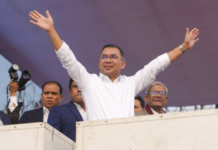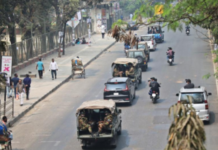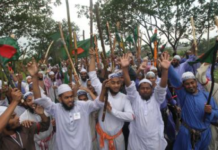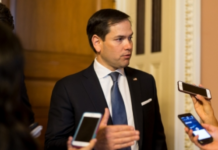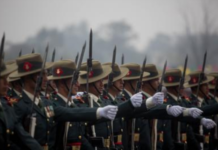Islamabad– Pakistan President Asif Ali Zardari, during his first term in office, maneuvered the resignation of then-President Pervez Musharraf in August 2008 through a calculated alliance with the military and political deftness that sidelined his own coalition partner, Nawaz Sharif. These revelations come from Zardari’s former spokesperson Farhatullah Babar, detailed in his memoir The Zardari Presidency, as reported by The News.
Following the February 2008 elections, both Zardari’s Pakistan Peoples Party (PPP) and Nawaz Sharif’s Pakistan Muslim League-Nawaz (PML-N) had pushed for Musharraf’s impeachment. But it was Zardari’s ability to secure the quiet support of Musharraf’s handpicked Army Chief, General Ashfaq Parvez Kayani, that ultimately sealed the former military ruler’s fate.
According to Babar, Zardari, then serving as PPP co-chairman, discussed the possibility of removing Musharraf with Kayani, who had succeeded Musharraf as Army Chief in late 2007. Kayani reportedly expressed no opposition and even suggested PPP veteran Aftab Shaban Mirani, a former Defense Minister, as a potential replacement for the presidency.
But Zardari had ambitions of his own.
With military backing, Zardari instructed trusted party leaders to pass impeachment resolutions in provincial assemblies. At the same time, he delivered a message to Musharraf through retired Major General Mahmud Ali Durrani: resign voluntarily or face a formal impeachment.
Musharraf initially dismissed the threat but ultimately stepped down in mid-August 2008.
Babar also recounts a moment of political tension with Nawaz Sharif, who expressed interest in becoming president himself. During a casual conversation, Sharif reportedly told Zardari, “My party thinks that I should become the President.” Zardari responded with a laugh: “My party also thinks that I should become the President.” The discussion ended there—and Zardari would go on to be elected President in September 2008.
The memoir further explores Zardari’s resistance to restoring Chief Justice Iftikhar Muhammad Chaudhry, whose 2007 dismissal by Musharraf had sparked a nationwide protest movement. Despite mounting pressure—including from Prime Minister Yousaf Raza Gilani and several cabinet members—Zardari remained firmly opposed, citing suspicions about Chaudhry’s political neutrality.
Babar writes that as protesters neared Islamabad during the March 2009 “long march” from Lahore, the military made a “significant deployment” of the powerful Rawalpindi-based 111 Brigade at the presidency. Though this created the impression of an impending coup, Babar insists it was a calculated show of force designed to pressure Zardari into reinstating Chaudhry.
Privately, Zardari told aides that Chaudhry had been reaching out behind the scenes to negotiate his return to office, even offering a signed resignation letter in advance as a safeguard. Zardari believed Chaudhry was primarily concerned with his own reinstatement, not that of the other dismissed judges. (Source: IANS)





